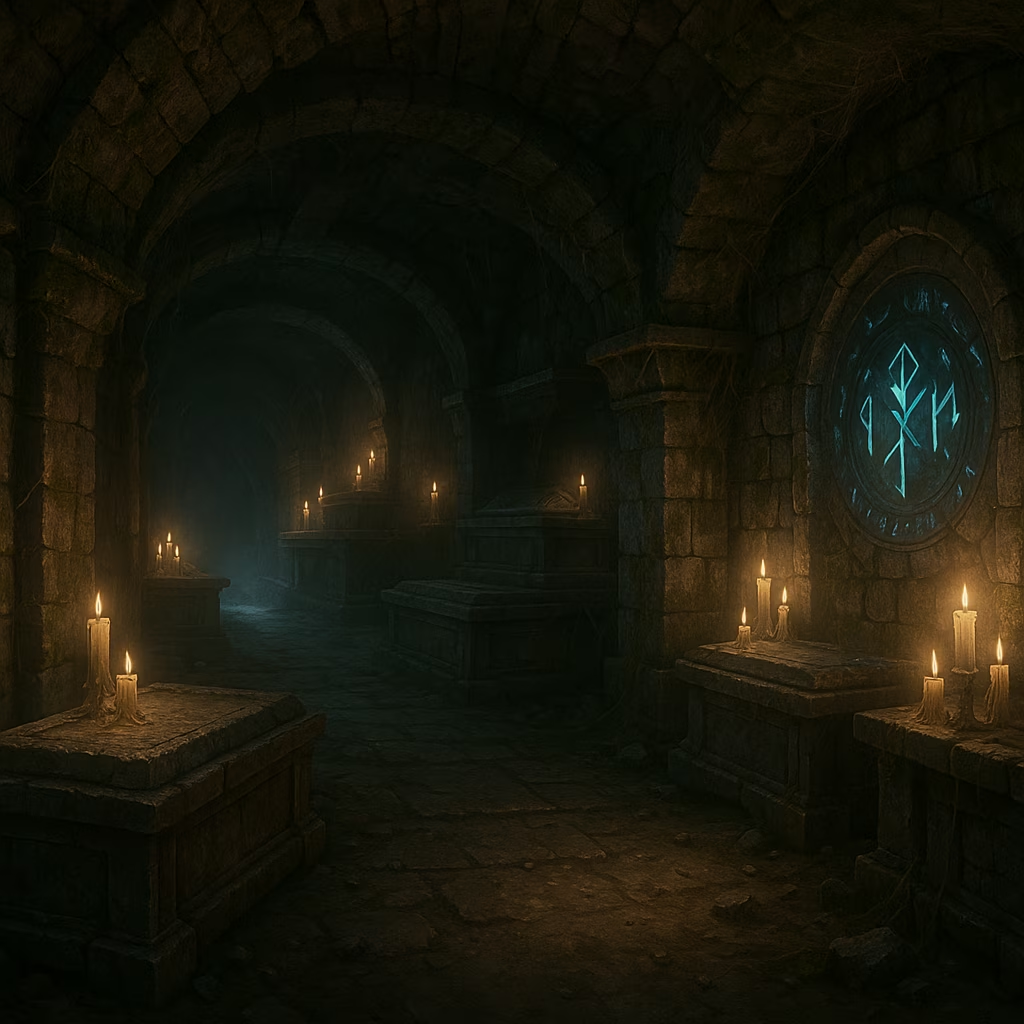Larian Studios Charts New Course: Divinity Original Sin 3 Emerges as Likely Successor
Larian Studios shifts focus from Baldur's Gate to Divinity: Original Sin 3, promising innovative gameplay and strategic growth in the gaming industry.
The gaming landscape shifted this week as Larian Studios definitively closed the book on Baldur's Gate. With no Baldur's Gate 4 in development and expansions for the acclaimed Baldur's Gate 3 off the table, a palpable vacuum formed—one now filled with mounting evidence pointing toward Divinity: Original Sin 3 as the studio's next frontier. This pivot marks a strategic return to Larian's roots, abandoning the Dungeons & Dragons framework that defined their recent triumph for the fertile ground of their original IP. But what does this mean for the legions of fans who rallied behind Baldur's Gate 3's intricate storytelling and accessible mechanics?

Speculation about Divinity: Original Sin 3 crystallizes around two critical revelations. Firstly, Swen Vincke's July 2023 interview with IGN revealed Larian was "definitely" interested in revisiting Divinity—a franchise that predates their D&D immersion. Secondly, Vincke confirmed drafting the first act of a new project during Baldur's Gate 3's development cycle, a disclosure initially misinterpreted as Baldur's Gate 4 groundwork. Could this narrative blueprint actually belong to the long-awaited third installment? The alignment seems uncanny: Vincke described the mystery project as "huge" and explicitly "non-D&D," parameters that Divinity: Original Sin 3 fits perfectly.
Meanwhile, Baldur's Gate 3 isn't fading quietly. Larian remains committed to refining the experience through targeted patches:
-
Mod Support & Cross-Platform Play: Essential for longevity, enabling community creativity and unified multiplayer
-
Enhanced Cinematics: Polishing narrative immersion, particularly for pivotal story moments
-
Evil Ending Expansions: Addressing player feedback about underwhelming conclusions for dark-alignment runs
Yet Vincke tempers expectations, clarifying these represent final touches rather than major content injections. As development resources pivot toward the new IP, a question lingers: Will Baldur's Gate 3's unprecedented mainstream appeal translate to Divinity's notoriously challenging systems? Many newcomers who discovered Larian through BG3 subsequently tried Divinity: Original Sin 2—only to be "destroyed by its increased difficulty."
Timing amplifies the anticipation. Divinity: Original Sin 2 launched in 2017, making 2025 an eight-year gap—an eternity in gaming. Larian's silence on specifics fuels fervent debate: Will they retain the top-down perspective? Integrate BG3's cinematic dialogue techniques? Or double down on hardcore tactical combat? The studio's track record suggests ambition, but ambition carries risk.
As patches stabilize Baldur's Gate 3's legacy, all eyes turn toward Larian's next act. Vincke’s drafted story beginnings hint at a world untethered from D&D’s lore—a canvas for unfettered creativity. Yet the studio's reluctance to confirm Divinity: Original Sin 3 outright leaves room for surprise. Could there be an entirely new IP brewing? Or is this calculated mystique? For now, the clues point decisively toward Rivellon. One certainty remains: Larian’s departure from Baldur’s Gate isn’t an ending—it’s a homecoming.
With production already underway but no release window hinted, the wait begins. Will Divinity: Original Sin 3 capture Baldur's Gate 3's cultural lightning? Or carve a distinct path for Larian’s future? The studio’s bold pivot answers one question while igniting a dozen more.